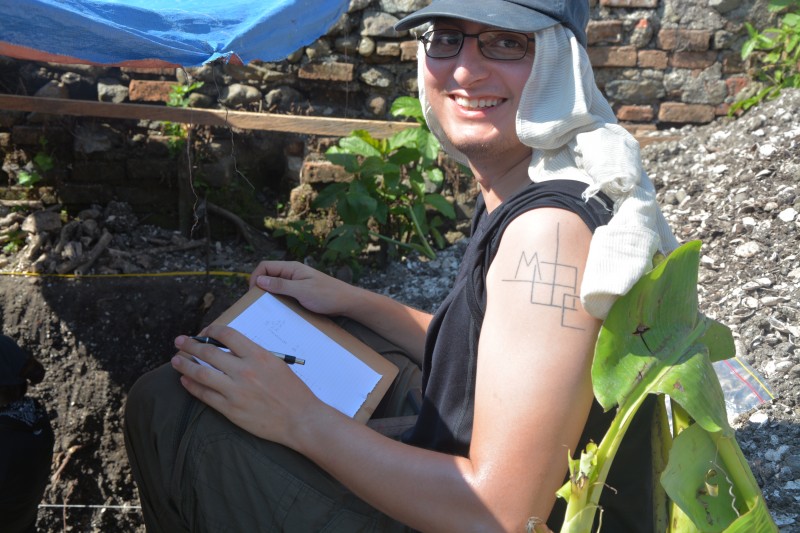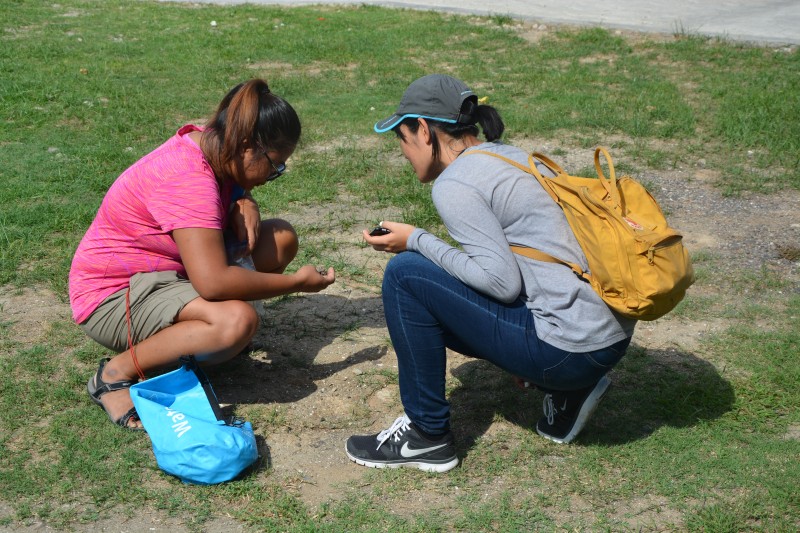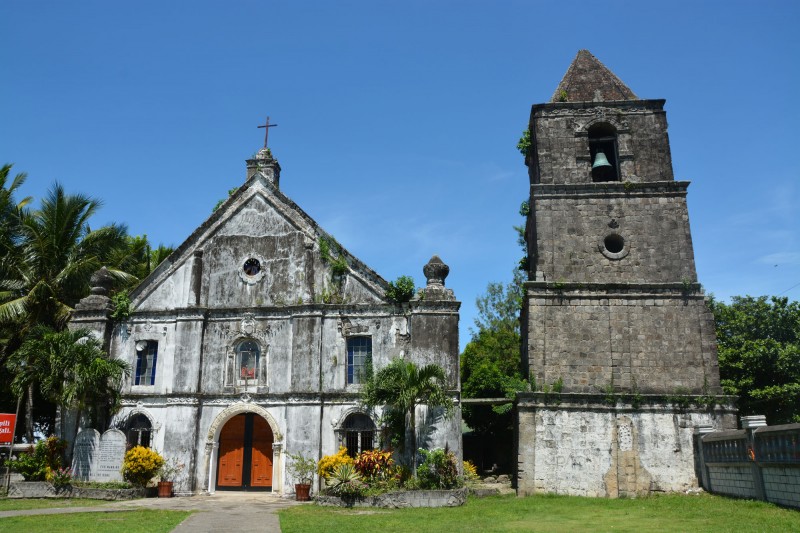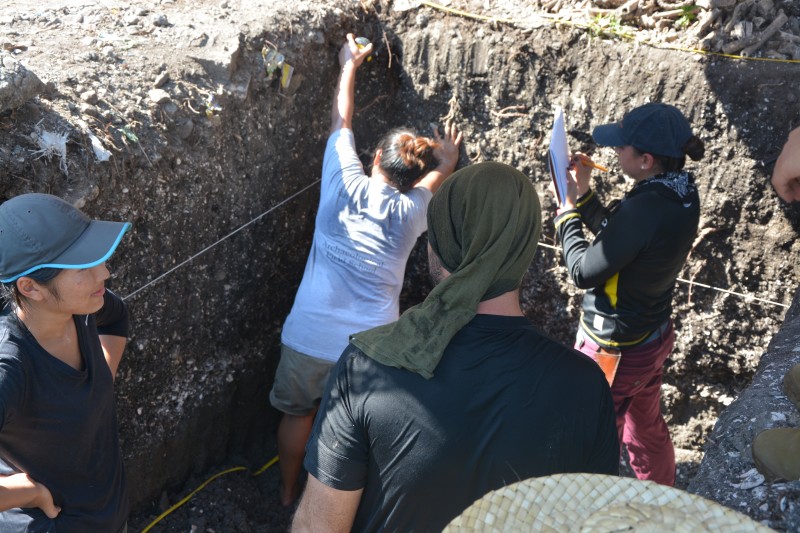Fieldwork
This listing expired on November 15, 2018. Please contact info@ifrglobal.org for any updated information.





Location: , US
Season: June 25, 2018 to July 22, 2018
Application Deadline: May 9, 2018
Deadline Type: Rolling
Website: http://ifrglobal.org/program/philippines-bicol/
Program Type:
Field school
RPA Certified:
no
Affiliation:
Institute for Field Research, Connecticut College, UCLA, Makati Museum, University of the Philippines, International Archaeological Research Institute
Project Director:
Dr. Stephen Acabado, Dr. Zande Villanueva, Dr. Adam Lauer, Dr. Fransisco Datar
Project Description:
The main focus of the Bicol Archaeological Project (BAP) (Philippines) is to understand indigenous responses to colonialism, including economic, landscape, and political shifts that occurred soon after conquest. The field school provides training in archaeological field methods and bioarchaeological methodologies. The Bicol Region has a rich, but largely undocumented archaeological record that spans the Neolithic, Metal Age, Trade and Interaction with Asian traders, and Spanish colonial periods. The BAP aims to launch a region-wide archaeological program that will provide data to establish the region’s cultural chronology, which will be tied to the larger chronology in the region. Anthropological issues such as culture-contact, subsistence shifts, resource utilization, responses to colonialism, climate change, heritage conservation, and community engagement will also be pursued by the BAP. Although BAP primarily looks at the archaeology of colonialism, the deep archaeological deposit in the region provides a broader research opportunity that students can pursue.
Period(s) of Occupation: Historical Archaeology
Project Size: 1-24 participants
Minimum Length of Stay for Volunteers: Participants must stay entire duration of the field school.
Minimum Age: 18
Experience Required: No prior experience is required to participate in this field school.
Room and Board Arrangements:
Students will live in comfortable, but modest, field house in the city of Naga, Bicol, and will be provided with hotel lodging while in Manila. Conditions at the field house are basic and hot water is not always guaranteed. Students will likely sleep on bunk beds or on mattresses on the floor and will share large communal rooms. All meals will be communal events and will provide plenty of nutritious but basic food in the tradition of local cuisine. The daily diet in Bicol is heavily based on rice and meat (pork and chicken). Specialized diets (vegan, kosher, etc.) are available, but could sometimes be difficult to maintain in this location. Vegetarian diet is also available in the location. Cost: Room and Board are included in the cost of the program.
Academic Credit:
8 Semester Credits credits offered by Connecticut College. Tuition is $4,660 .
Institute for Field Research
2999 Overland Ave. Suite 103
Los Angeles
CA
90064
USA
Phone: 424-209-1173
The AIA is North America's largest and oldest nonprofit organization dedicated to archaeology. The Institute advances awareness, education, fieldwork, preservation, publication, and research of archaeological sites and cultural heritage throughout the world. Your contribution makes a difference.